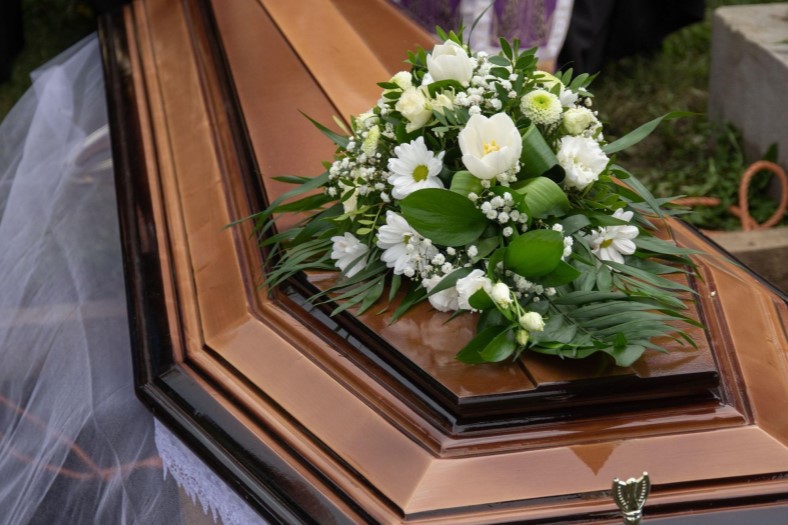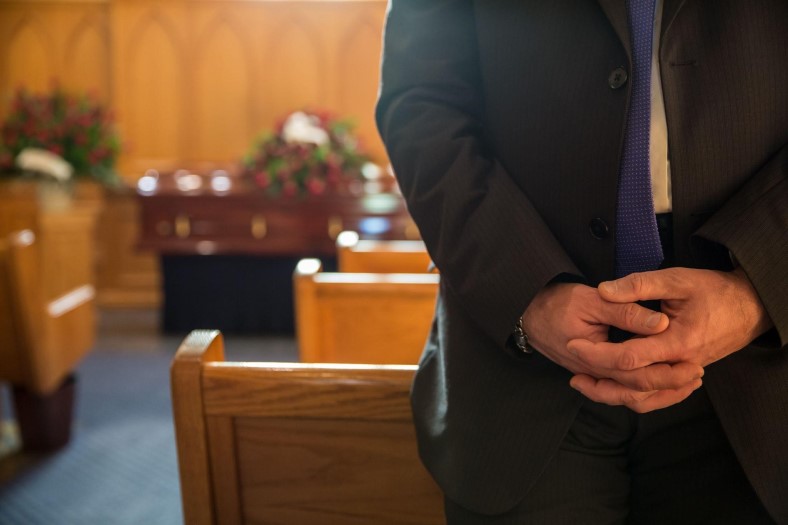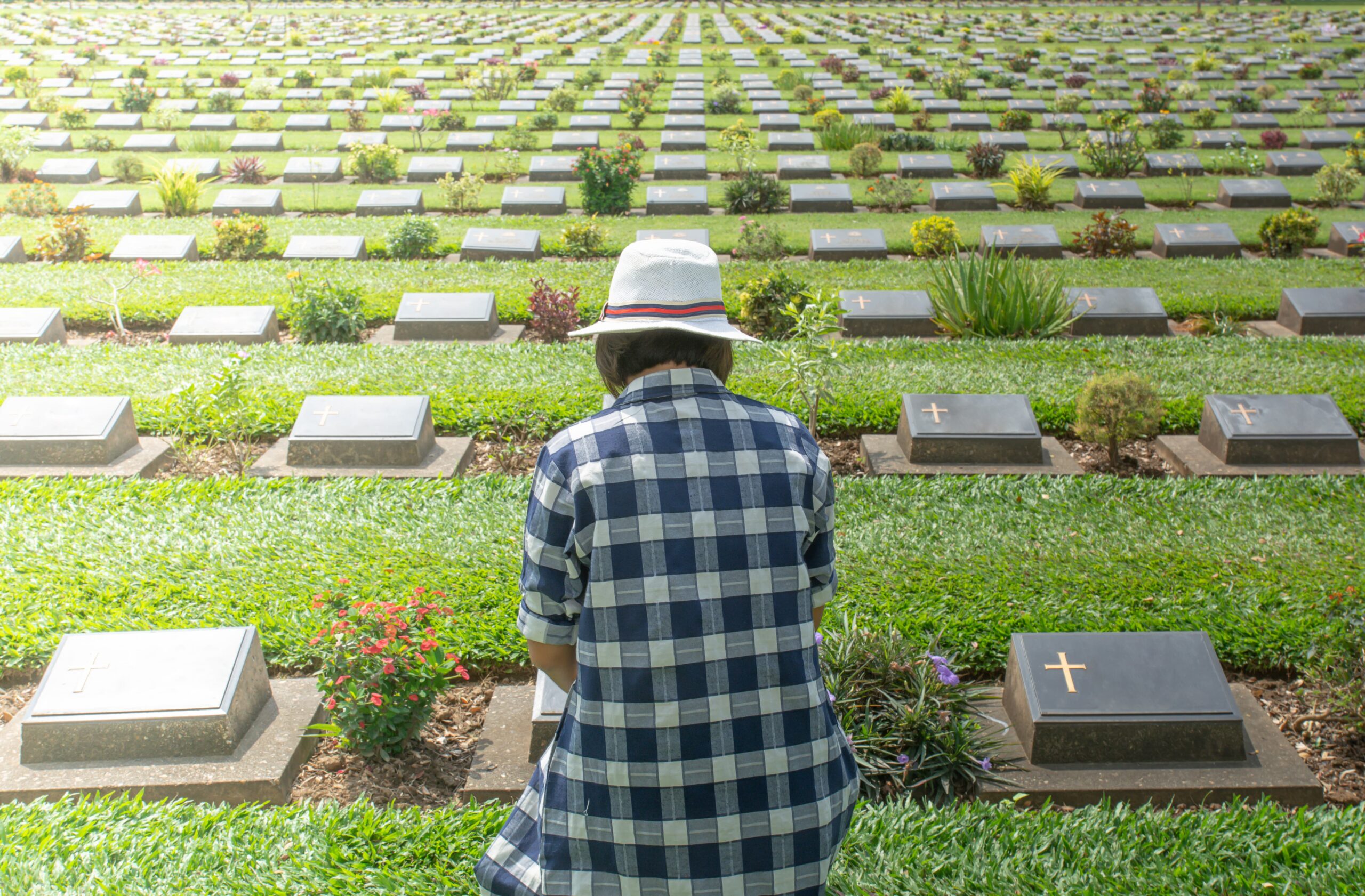Planning A Funeral or Celebration of Life After a Sudden Loss

The sudden loss of a loved one comes with many unique challenges. Family members are often left unprepared and thrown off balance. Accepting this new reality you find yourself in can make it seem like moving on with your life is impossible. It is a harsh reality, and knowing what to do when sudden death happens can be challenging. At Bachus & Schanker, we want to make sure you have the information you need to make planning a funeral or celebration of life smoother and less anxiety-ridden. We will outline some things you should know, provide resources on steps to take, and discuss important topics. Kyle Bachus’s book “Unthinkable” is an excellent resource for everything you need to know pertaining to sudden death.
Decide on the type of service and burial
Taking things one step at a time can make this process easier to manage. A potential first step to take is deciding what type of service and burial you want to have. Some families choose a less formal Celebration of Life, while others prefer a more traditional funeral. Celebrations of life typically occur after your loved one has been cared for through burial or cremation. This end-of-life ceremony is a way for friends and loved ones to come together and celebrate the deceased’s life.
A funeral is a ceremony to honor the deceased, typically followed by burial or cremation. This is a way for families and loved ones to gain some closure and say goodbye to their loved one. How to plan for a funeral will be discussed with whatever mortuary you choose to host services. Their staff will guide you through the process and help you make the best decision for you and your loved one. If your loved one did not specifically express their wishes about services and burial, it is a good idea to talk to those they were closest with to gather some insight on what they may have wanted.
Arrange Transportation
If an autopsy is not necessary, the physical remains of your loved one can be picked up and transported by a mortuary or crematorium. The mortuary or crematorium will handle all of the necessities regarding your loved one’s physical remains. It is up to you and your family to decide what you want to happen to your loved ones’ physical remains.
Was the death of your loved one due to neglect, negligence, or the recklessness of another? If so, you may be entitled to compensation for your wrongful death claims. Hiring the best wrongful death attorney may be in your best interest. The Elite Litigation Group can help you get the compensation you deserve.
Paying For a Funeral

A common question many have is how they will pay for a funeral. Funerals can be costly ceremonies for the family. There are options available to help cut the out-of-pocket costs to ensure your loved one’s ceremony is of good quality and to your satisfaction.
- Your loved one’s estate can be used to help pay the cost of a funeral service. Assets or funds your loved one left behind can be used toward funeral expenses. This option should be considered first.
- Victim’s compensation funds – If there was a wrongful death lawsuit or criminal case connected to the death of your loved one, your victim’s advocate can help you understand the Victims Compensation Fund and access the funds to help cover the funeral costs.
- Military benefits – If your loved one served in the military over the course of their lifetime, the military can help pay for funeral and related expenses.
- Insurance – Some insurance policies help cover the costs of funerals. It is important to go through all of the documents of your loved one’s policy to see if insurance will help cover the expenses.
- Car insurance – If the cause of your loved one’s death is due to a car accident, many policies include help with funeral expenses. Like with insurance coverage, make sure you read through the policy paperwork so you know what the car insurance company will pay for and what they will not.
- Payment plans – Most funeral homes will work with the family to make the cost of a funeral and related services manageable. Talk to the funeral home about any payment options they offer.
Who To Notify About a Loved One’s Death
It is important that certain people be notified following the death of a loved one. Some who should be notified are easy to overlook, especially considering the circumstances. Here are some individuals you may need to notify:
- The person’s doctor
- The person’s employer
- The county coroner
- Close family
- Close friends
- Organizations the person may have belonged to
- Military
- Fraternity
- Religious group
- The individual’s bank
- Life insurance agent
- Utility companies
Wrongful Death Claims

If the death of your loved one was the result of another’s negligence or recklessness, you may have grounds to take legal action. Hiring a personal injury attorney may prove to be beneficial to you and your family. They can ensure that the responsible parties are held accountable and help you fight for damages – including punitive damages. There is a statute of limitations, so time is of the essence. Contact us today for a free consultation. Our compassionate team is ready to speak to you and fight on your behalf. We have offices all over the state of Colorado to meet your individual needs.
Reference
What to Do When a Loved One Dies. (2021).






